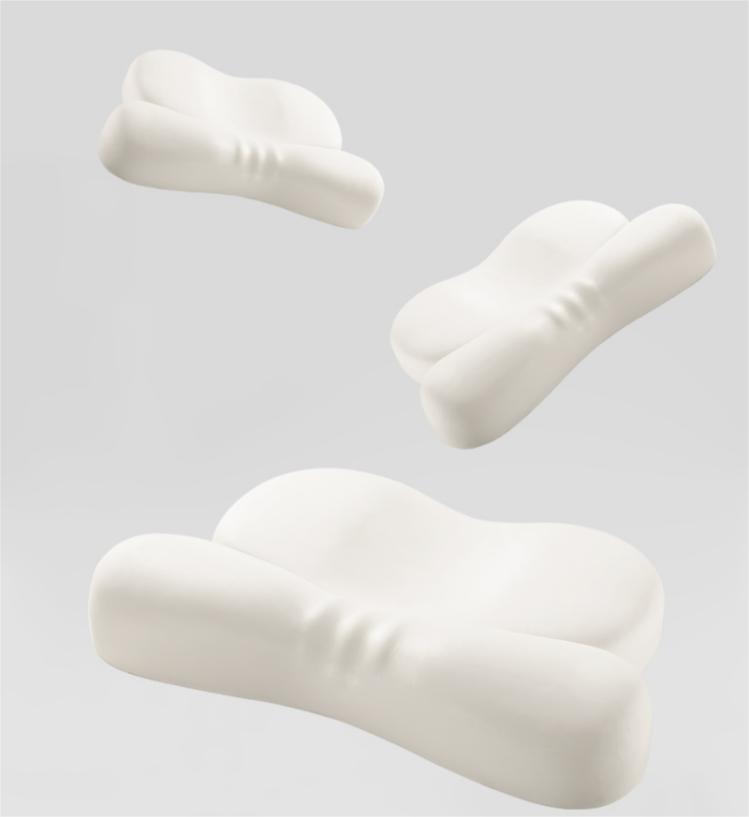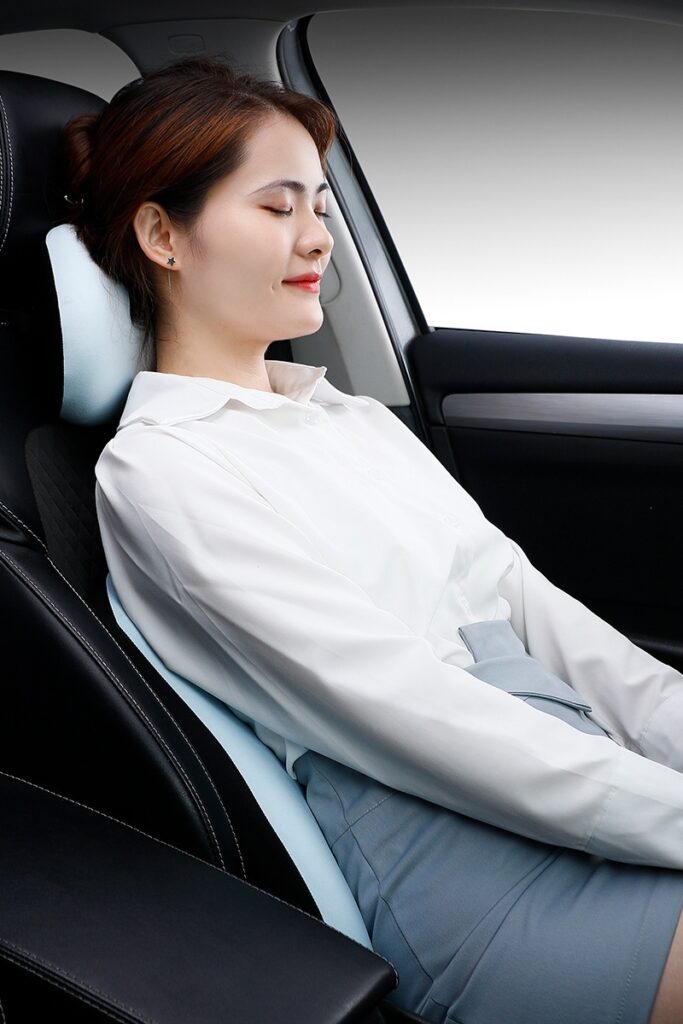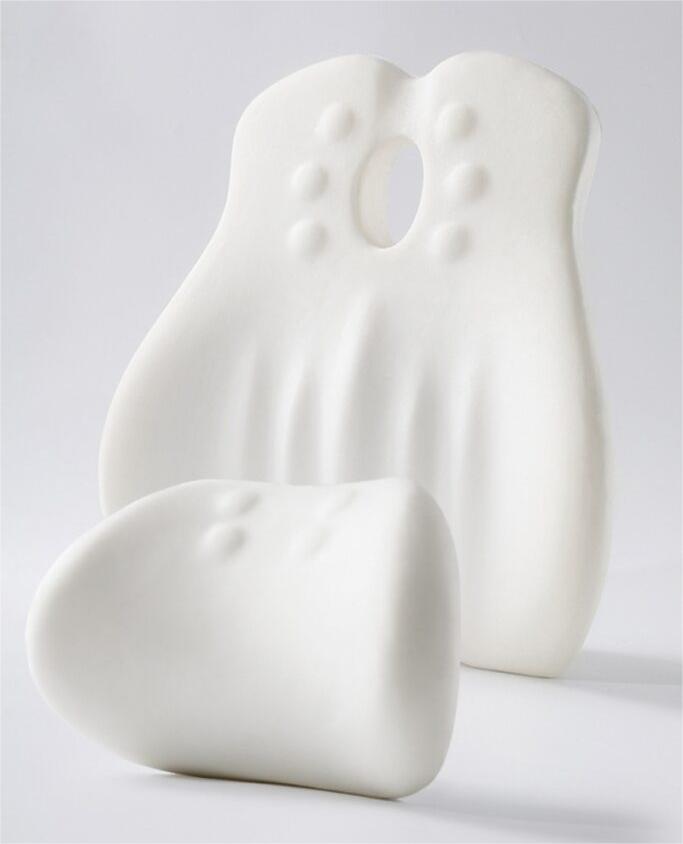In the world of industrial materials, polyurethane foam products have emerged as versatile solutions for a wide range of applications. However, as a B2B buyer, you may find yourself grappling with questions about their properties, applications, and overall value. At aimyComfort, we understand that making informed decisions is crucial for your business success. That’s why we’ve compiled this comprehensive FAQ guide to address common concerns about polyurethane foam products. Whether you’re considering foam for insulation, packaging, or specialized industrial applications, this article will provide you with the insights you need to make confident purchasing decisions. Let’s dive into the world of polyurethane foam and unravel its mysteries together.

What exactly are polyurethane foam products?
Polyurethane foam products are versatile materials created through a chemical reaction between polyols and diisocyanates. This reaction produces a foam that can be engineered to have various properties, including:
- Flexibility or rigidity
- Open-cell or closed-cell structure
- Different densities (typically ranging from 1.5 to 60 pounds per cubic foot)
- Various levels of thermal insulation (R-values ranging from 3.6 to 7.2 per inch)
Polyurethane foams are used in numerous industries, from construction and automotive to packaging and furniture manufacturing.
What are the main types of polyurethane foam products available for B2B buyers?
There are several types of polyurethane foam products, each suited for different applications:
Flexible Polyurethane Foam:
- Used in furniture, bedding, and automotive seating
- Provides comfort and support
- Density range: 1.5 to 3 pounds per cubic foot
Rigid Polyurethane Foam:
- Excellent for insulation in construction and refrigeration
- Offers high thermal resistance
- R-value: 6.5 to 7.2 per inch
Spray Polyurethane Foam:
- Applied as a liquid that expands into foam
- Used for insulation and air sealing in buildings
- Available in open-cell (R-value: 3.6 per inch) and closed-cell (R-value: 6.5 per inch) varieties
Integral Skin Foam:
- Combines a foam core with a higher-density outer skin
- Used in automotive interiors and furniture
- Skin density can be up to 60 pounds per cubic foot
High-Resilience Foam:
- More durable and supportive than standard flexible foam
- Used in high-end furniture and vehicle seating
- Typically has a density of 2.5 to 3.5 pounds per cubic foot
Understanding these types can help B2B buyers choose the right foam for their specific needs.
How durable are polyurethane foam products?
The durability of polyurethane foam products varies depending on the type and formulation:
- Flexible foams can maintain their properties for 10-15 years or more with proper care
- Rigid foams used in construction can last for 50+ years when properly installed
- High-resilience foams offer enhanced durability, often lasting 30% longer than standard flexible foams
Factors affecting durability include:
- Quality of raw materials
- Manufacturing process
- Environmental conditions during use (temperature, humidity, UV exposure)
- Proper maintenance
At aimyComfort, we prioritize durability in our polyurethane foam products to ensure long-term value for our B2B customers.

Are polyurethane foam products environmentally friendly?
Environmental concerns are increasingly important for B2B buyers. Here’s what you need to know about the environmental impact of polyurethane foam products:
Pros:
- Energy efficiency: Polyurethane foam insulation can reduce energy consumption in buildings by up to 30%
- Longevity: Durable products reduce the need for frequent replacements
- Recyclability: Some polyurethane foams can be recycled at the end of their life
Cons:
- Production process: Traditionally involves petroleum-based materials
- End-of-life disposal: Not all polyurethane foams are easily recyclable
Advancements:
- Bio-based polyols: Now constitute up to 20% of some foam formulations, reducing reliance on petroleum
- Improved recycling technologies: Chemical recycling can now recover up to 90% of polyurethane foam materials
At aimyComfort, we’re committed to sustainable practices and offer eco-friendly options for environmentally conscious B2B buyers.
How customizable are polyurethane foam products?
One of the key advantages of polyurethane foam products is their high degree of customizability:
- Density: Can be adjusted from 1.5 to 60 pounds per cubic foot
- Firmness: Indentation Force Deflection (IFD) can range from 10 to 80
- Shape: Molded or cut into various forms with tolerances as tight as ±0.5mm
- Chemical properties: Additives can enhance flame retardancy (meeting standards like UL94), UV resistance, or other properties
- Color: Dyes can be added for aesthetic purposes or color coding
This customizability allows B2B buyers to obtain polyurethane foam products that precisely meet their needs, potentially reducing costs and improving product performance.

What industries commonly use polyurethane foam products?
Polyurethane foam products find applications across a wide range of industries:
- Construction: Insulation, sealants, and structural materials
- Automotive: Seating, sound dampening, and interior components
- Furniture: Cushioning for sofas, chairs, and mattresses
- Packaging: Protective foam for shipping delicate items
- Aerospace: Lightweight components and insulation
- Marine: Buoyancy aids and insulation
- Medical: Cushioning for prosthetics and hospital beds
- Electronics: Protective packaging and component insulation
This versatility makes polyurethane foam products a valuable material for many B2B buyers across different sectors.
How do polyurethane foam products compare to alternative materials in terms of cost-effectiveness?
When considering cost-effectiveness, it’s important to look beyond the initial purchase price:
- Energy savings: In insulation applications, polyurethane foam can lead to energy cost reductions of up to 30%
- Durability: Longer lifespan means less frequent replacements (up to 50+ years for some applications)
- Versatility: One material can often replace multiple alternatives, streamlining inventory
- Weight reduction: In transportation applications, weight reductions of up to 30% can lead to significant fuel savings
- Customizability: Reduced need for additional processing or modifications
While the upfront cost may be 10-20% higher than some alternatives, the total cost of ownership often makes polyurethane foam products a cost-effective choice for B2B buyers.
What should B2B buyers look for in a polyurethane foam product supplier?
Choosing the right supplier is crucial for ensuring quality and reliability:
- Experience: Look for suppliers with a proven track record of 10+ years in your industry
- Custom capabilities: Ability to tailor products to your specific needs with tight tolerances (±0.5mm)
- Technical support: Access to experts who can help solve application challenges
- Consistency: Reliable production of uniform products batch after batch (±5% on key properties)
- Innovation: Ongoing research and development to improve products (look for suppliers investing at least 3% of revenue in R&D)
- Sustainability: Commitment to environmentally responsible practices (e.g., use of bio-based materials, recycling programs)
At aimyComfort, we strive to excel in all these areas to provide the best possible service to our B2B customers.

Conclusion:
Polyurethane foam products offer a world of possibilities for B2B buyers across various industries. From their versatility and customizability to their potential for cost savings and environmental benefits, these materials can provide significant value to your business. By understanding the types of foam available, their applications, and what to look for in a supplier, you can make informed decisions that drive your business forward.
At aimyComfort, we’re committed to being more than just a supplier – we aim to be your partner in finding the perfect polyurethane foam solutions for your needs.

